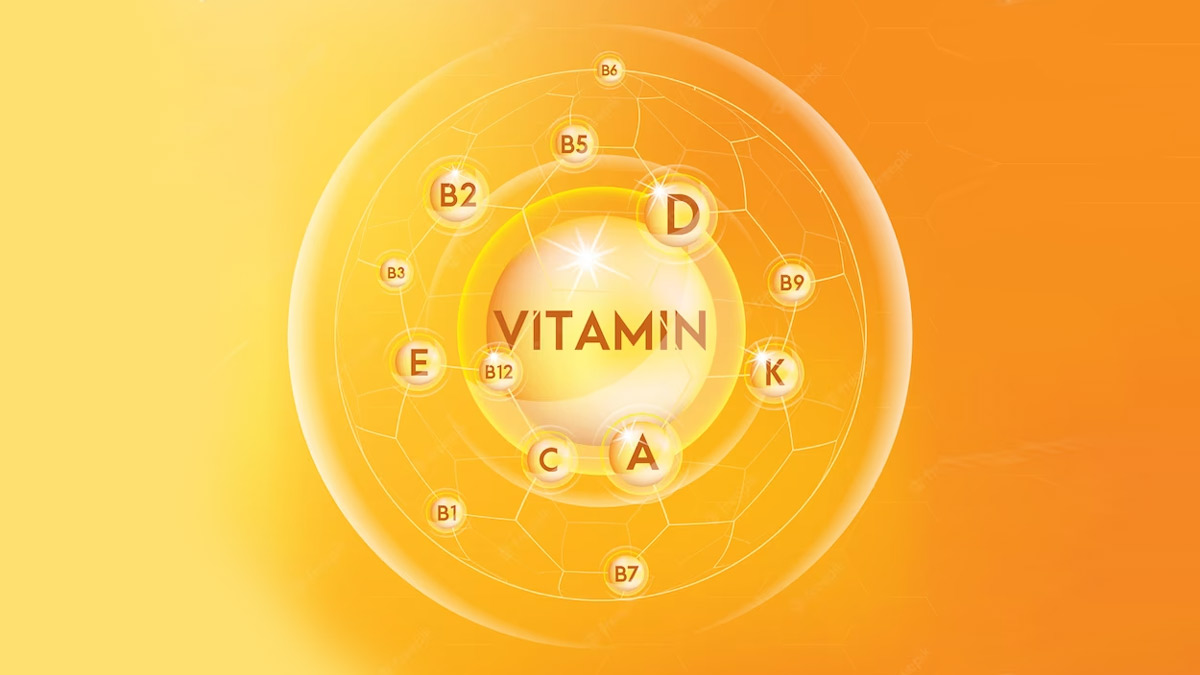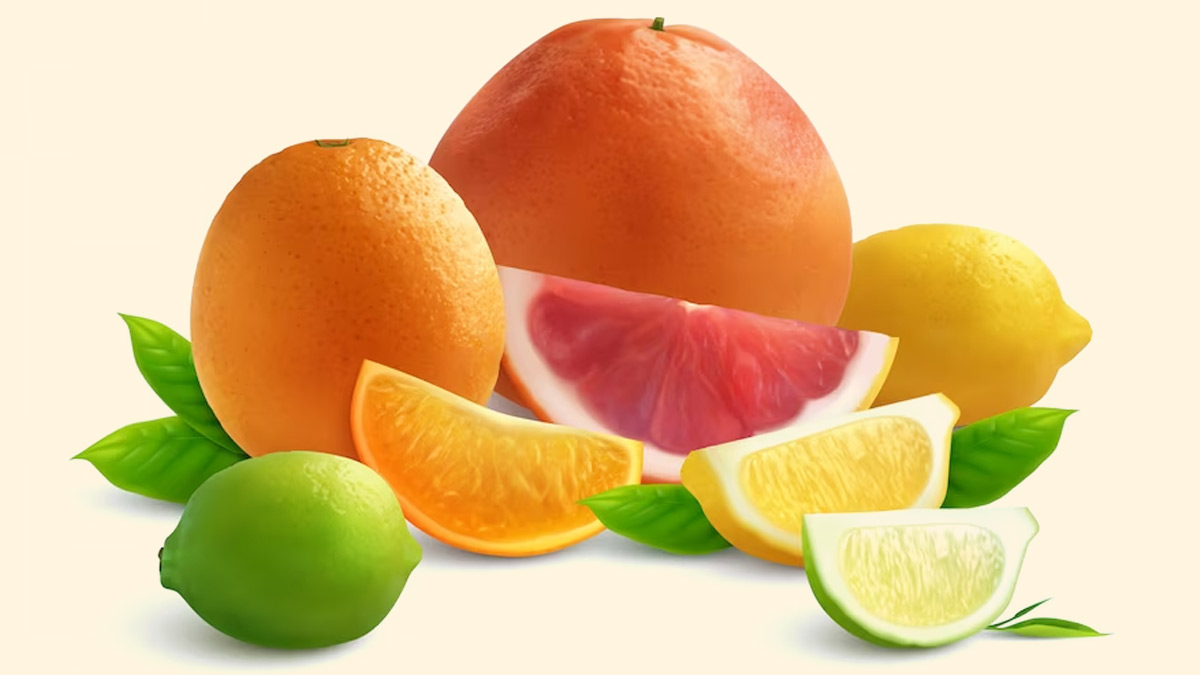

In the world of vitamins and minerals, one lesser-known but incredibly valuable nutrient is often overlooked: Vitamin P, often termed as flavonoids or bioflavonoids, Vitamin P plays a vital role in supporting our health and well-being.
Let’s know its numerous health benefits, and discover the abundance of sources that can help us harness its potential.
The Power of Vitamin P
Vitamin P contains a group of phytonutrients known as flavonoids, which are widely recognised for their antioxidant properties.
These natural compounds play an important role in protecting our cells from damage caused by harmful free radicals. This, in turn, can contribute to the prevention of chronic diseases and support overall longevity.
Health Benefits of Vitamin P
Heart Health
As per journal Molecules, flavonoids have been associated with a reduced risk of heart disease. They may help lower blood pressure, improve blood vessel function, and reduce inflammation, all of which contribute to a healthier cardiovascular system.
Immune Support
Certain flavonoids can enhance the body’s immune response, helping to fend off infections and illnesses.

Cognitive Well-being
Flavonoids may have a positive impact on brain health, potentially reducing the risk of cognitive decline and neurodegenerative disorders.
Skin Protection
Some flavonoids exhibit photoprotective properties, helping shield the skin from the harmful effects of UV radiation.
Anti-Inflammatory Effects
Flavonoids also possess anti-inflammatory properties that may aid in managing chronic inflammation and associated conditions.
Which Foods Are Rich In Vitamin P
Fortunately, incorporating Vitamin P into your diet is as easy as enjoying a variety of nutrient-packed foods. Some excellent sources of flavonoids include:
Citrus Fruits
According to Oxidative Medicine and Cellular Longevity, oranges, lemons, grapefruits, and other citrus fruits are rich in flavonoids like hesperidin and quercetin.

Also read: 6 Health Benefits Of Multivitamins You Should Know About
Berries
Blueberries, strawberries, raspberries, and blackberries are bursting with anthocyanins, a type of flavonoid.
Leafy Greens
Spinach, kale, and other leafy greens contain flavonoids that offer a plethora of health benefits.
Onions and Garlic
These kitchen staples are loaded with quercetin, a flavonoid with powerful antioxidant properties.
Tea
Both green and black tea are abundant in catechins, a type of flavonoid that has been linked to various health benefits.
Incorporating Vitamin P into Your Lifestyle
To harness the benefits of Vitamin P, consider making these simple changes to your daily routine:
- Opt for a rainbow of fruits and vegetables to ensure you’re getting a diverse array of flavonoids.
- Sip on a cup of green or black tea to enjoy the potential benefits of catechins.
- Snack on berries as a delicious and nutritious way to boost your flavonoid intake.
- Choose whole, unprocessed foods to maximise your flavonoid consumption.
While Vitamin P might not be a household name like some other vitamins, its role in promoting health and well-being should not be underestimated. From supporting heart health to bolstering the immune system, the benefits of flavonoids are of a wide range.
Also read: Important Vitamins For Weight Loss
By incorporating an array of colourful and nutrient-rich foods into your diet, you can harness the power of Vitamin P and take a proactive step towards a healthier and happier life.
اكتشاف المزيد من ينبوع المعرفة
اشترك للحصول على أحدث التدوينات المرسلة إلى بريدك الإلكتروني.
